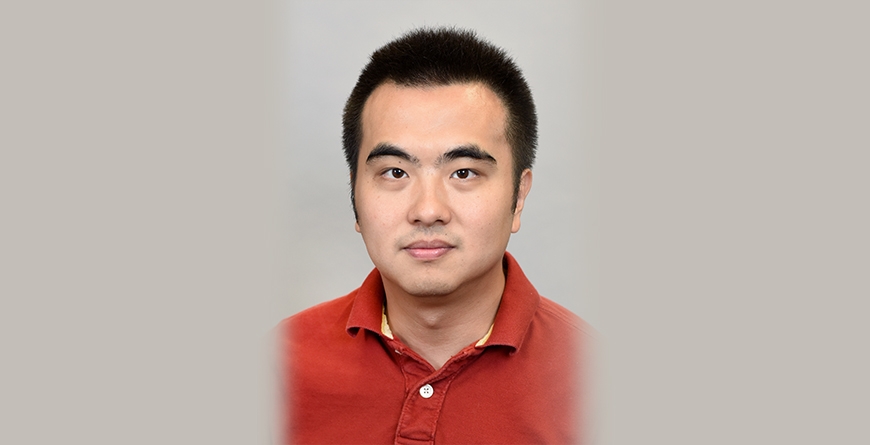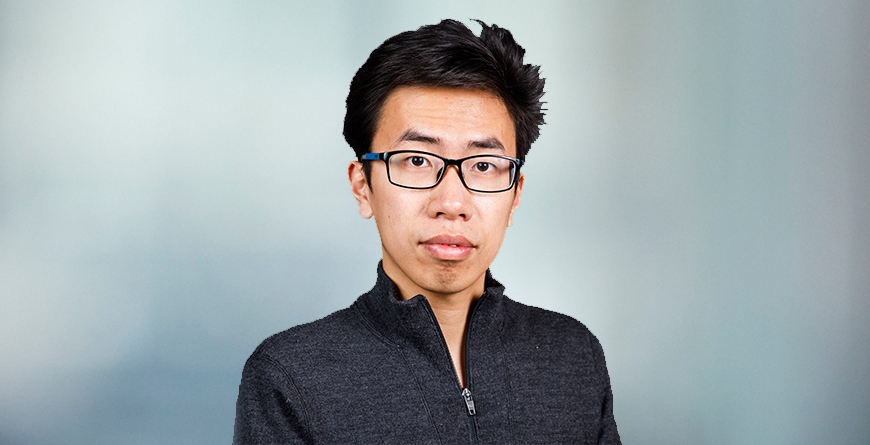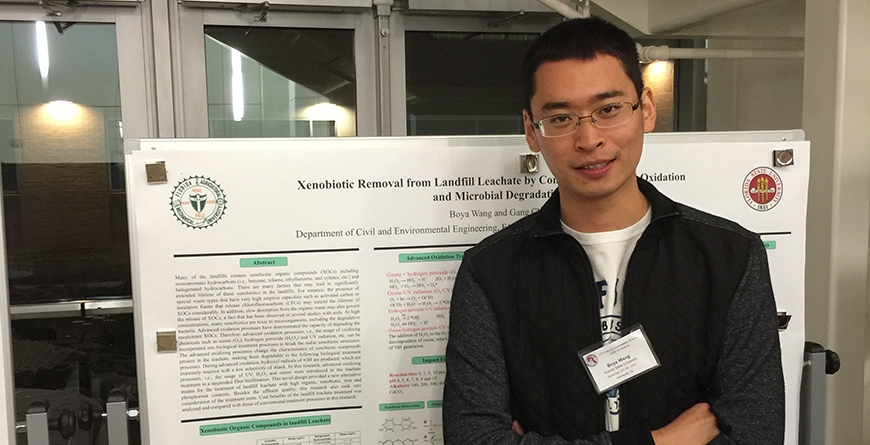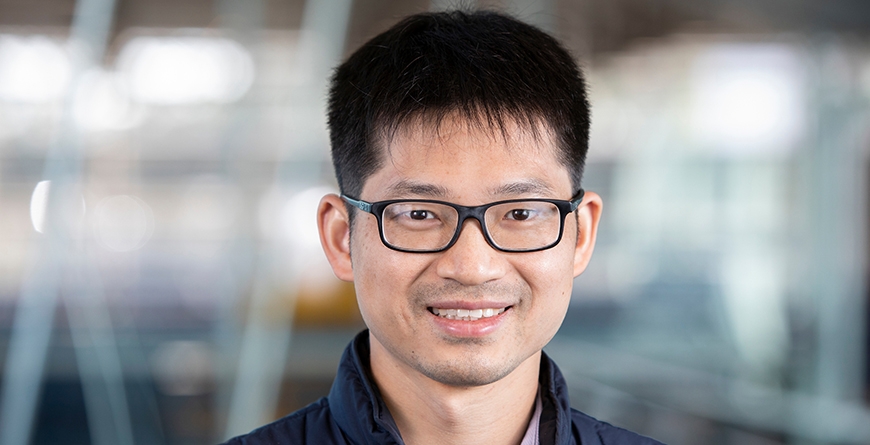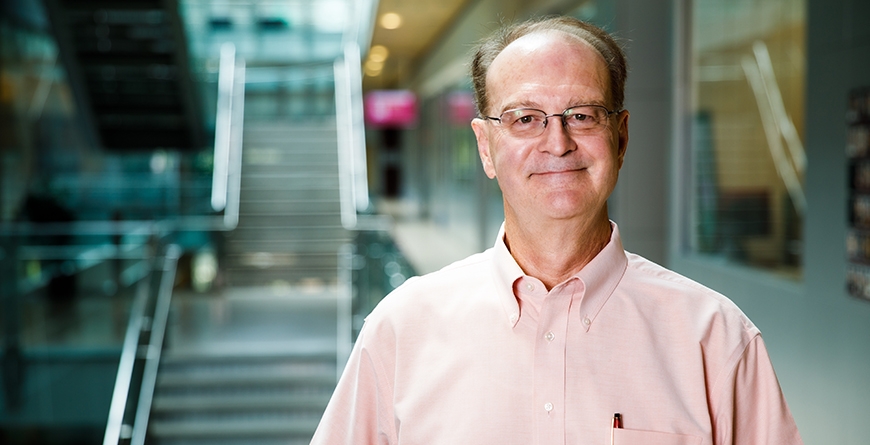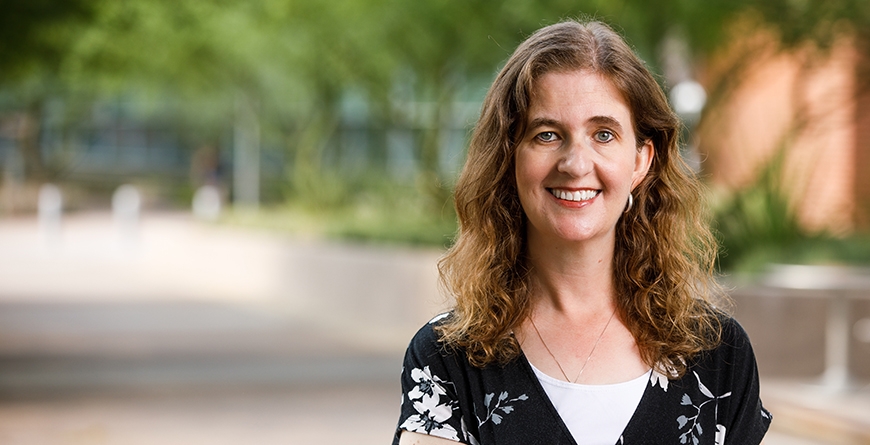Biodesign researchers land coveted Hering Medal
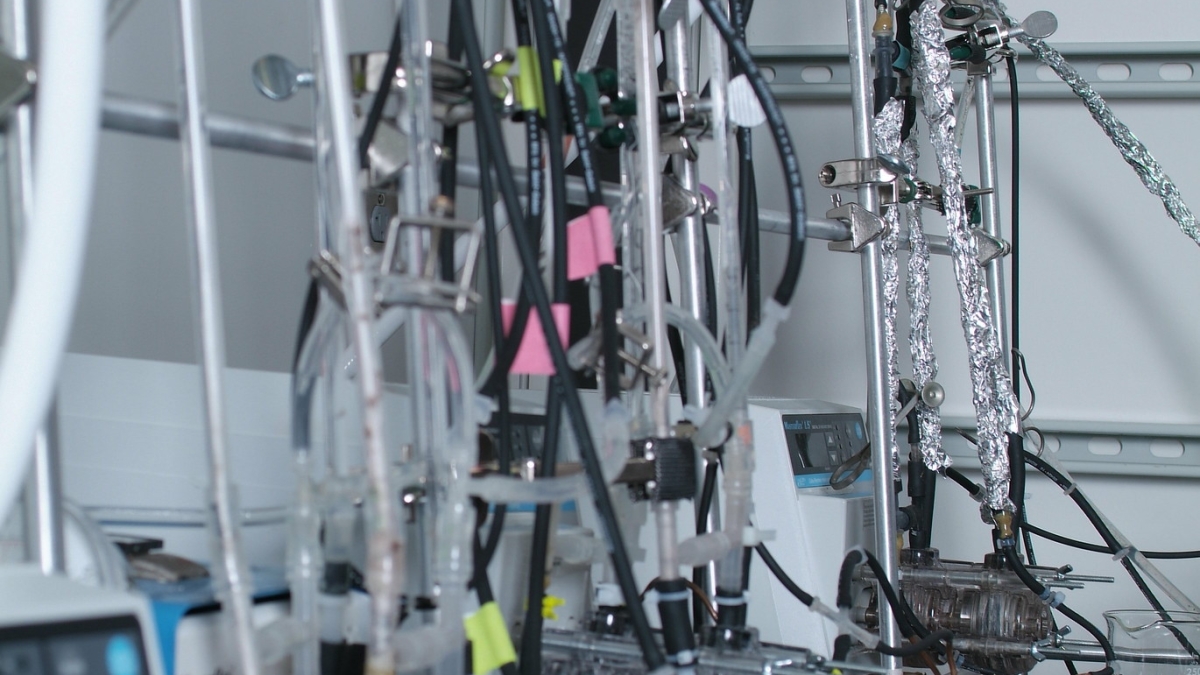
A membrane biofilm reactor is a device used in environmental biotechnology research. It uses the activity of specialized microbes to transform toxic chemicals into benign end products.
Researchers at the Biodesign Swette Center for Environmental Biotechnology (BSCEB) and their colleagues have been awarded the 2021 Rudolph Hering Medal from the American Society of Civil Engineers. The prestigious award recognizes the best paper of the preceding year from the Journal of Environmental Engineering.
The research selected for the Hering Medal describes new approaches to one of the thornier issues surrounding environmental contamination: how to rid ecosystems of a stubborn, pervasive and dangerous chlorinated chemical known as trichloroethene, or TCE.
The paper presents the first mathematical model simulating a complex series of chemical interactions in which specialized bacteria reduce harmful TCE to benign end products. The model was then tested using a bench-scale device known as a membrane biofilm reactor in which the successful decontamination of TCE was carried out.
The winning paper was written by Bruce Rittmann, director of the BSCEB; Rosa Krajmalnik-Brown, director of the newly formed Biodesign Center for Health Through Microbiomes; Chen Zhou, assistant research professor in the BSCEB; Yihao Luo, an environmental engineering PhD student in BSCEB and ASU’s Ira A. Fulton Schools of Engineering; as well as Boya Wang and Youneng Tang, both now at Florida State University.
The Rudolph Hering Medal is awarded annually. It was instituted and endowed in 1924 by the Sanitary Engineering Division (now the Environmental and Water Resources Institute) of the American Society of Civil Engineers, in honor of Rudolph Hering, a past vice president of the society. Hering (1847–1923) is widely considered the founder of the field of modern environmental biotechnology.
More Science and technology

ASU water polo player defends the goal — and our data
Marie Rudasics is the last line of defense.Six players advance across the pool with a single objective in mind: making sure that…

Diagnosing data corruption
You are in your doctor’s office for your annual physical and you notice the change. This year, your doctor no longer has your…
Large-scale study reveals true impact of ASU VR lab on science education
Students at Arizona State University love the Dreamscape Learn virtual reality biology experiences, and the intense engagement it…


